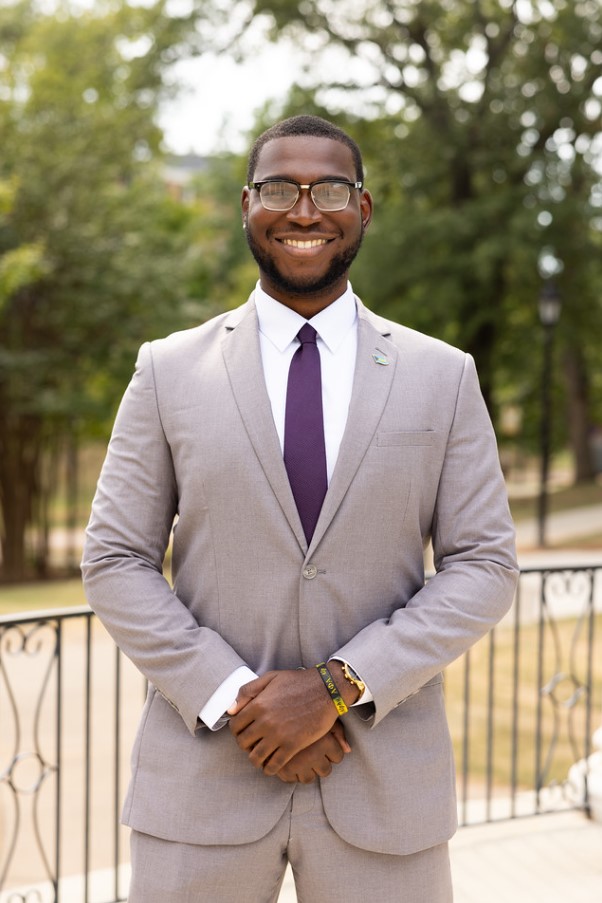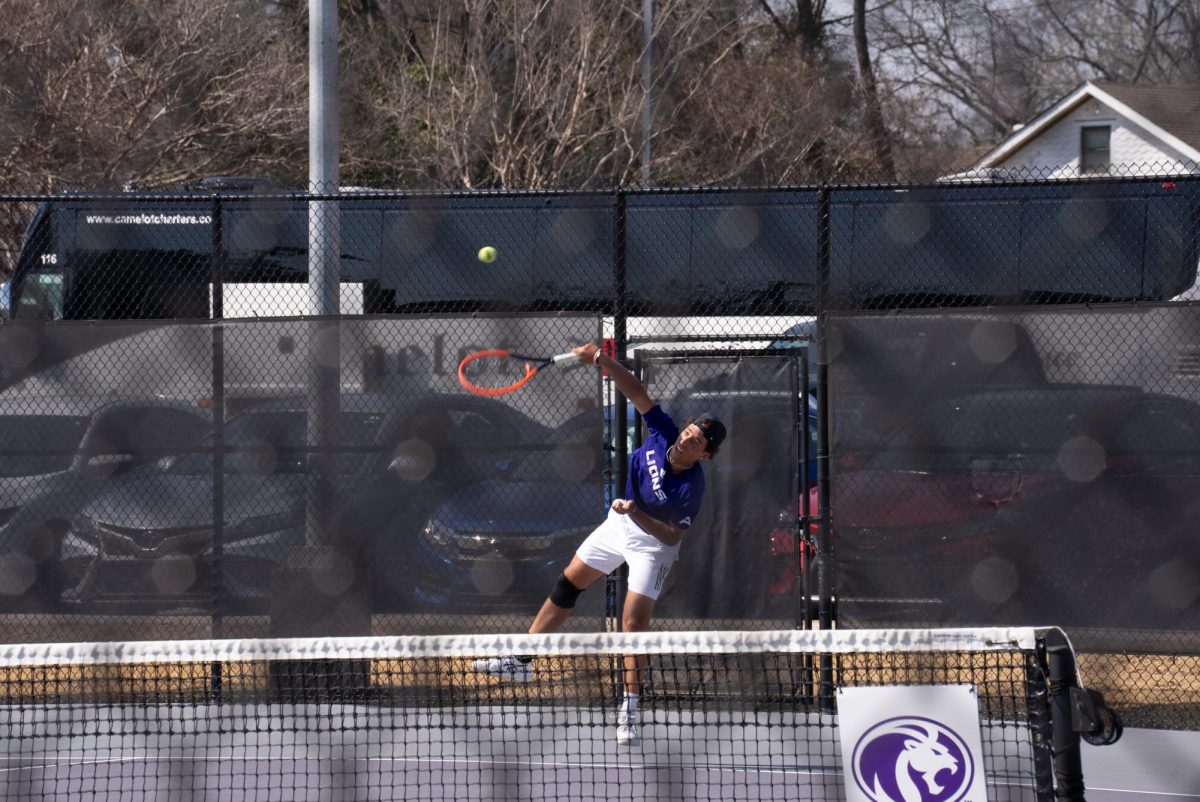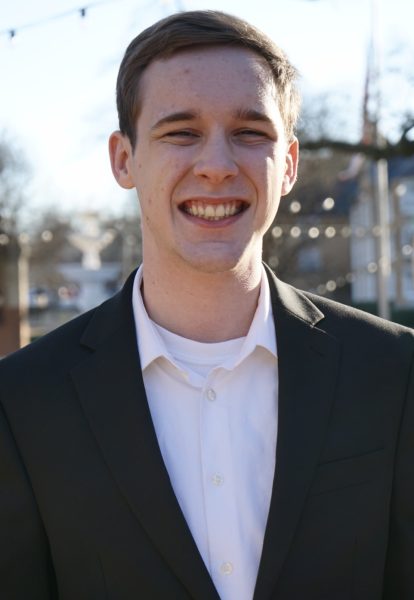Clubs are going to be receiving more representation in UNA’s student government.
The Diversity and Inclusion Advocate role is expanding its responsibilities to represent clubs and lead outreach initiatives for the student body.
These changes come after DIA Skyler Saunders found himself looking for direction in this position in the fall of 2025.
“I felt overwhelmed by the underwhelmingness of the role.”
Skyler Saunders is the current Diversity, Equity and Inclusion Advocate in SGA, and has found in his time that the DIA role leaves a lot to interpretation.
“Two months of last semester was me just figuring out how to go about these things,” Saunders said. “I didn’t want the next person in this role to feel that lost.”
In Saunder’s eyes, the DIA role should be an opportunity for organizations to be represented in SGA and for the DIA to be responsible for any issues that registered student organizations have on campus.
According to SGA’s constitution, the DIA originally served to “communicate with University Departments and Registered Student Organizations to guarantee equitable opportunity for all students” and is “responsible for promoting a safe and welcoming campus for all students at UNA.”
“That’s a whole lot of flexibility, but there are really no goals or measurements that you have to meet with that,” Saunders says.
Saunders looks to implement three new responsibilities for the DIA this next year: overseeing outreach initiatives, communicating legislation that might affect campus, and working with student welfare to host an event for students.
These responsibilities will allow many clubs, RSOs, and underrepresented students to approach SGA more easily.
This bill to change SGA’s constitution was drafted by Saunders and SGA Senator Micheal Gilliand.
Nicole Ballenger, Vice President-elect and a previous DIA, also struggled with direction in this role during the 2023-2024 academic year.
“I was trying to schedule us reaching out to other RSOs and having an SGA representative there,” Ballenger says. “We wanted more direct feedback [from RSOs].”
While Ballenger set up some of the framework for Saunders and Gilliand’s bill, Saunders expanded the role to inform SGA about local, state, and national laws that would impair student voices.
“I loved the bill that Micheal and Skyler helped develop,” Ballenger says. “I think all those changes needed to be put in place for the next person so they had [direction].”
In the ballots for the SGA election, SGA listed this bill among others to be approved by the study body to move forward into implementation in fall 2025.
“I think SGA has been moving in a great direction; there has been a lot of revision and internal reflection,” Saunders says. “I think this administration has done a lot to prioritize the students.”








